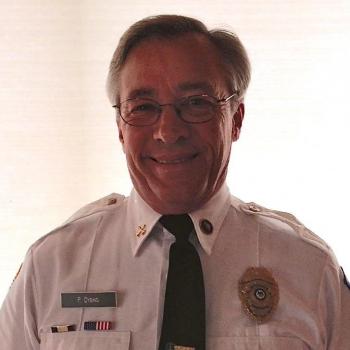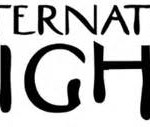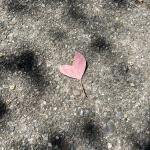After 16 days operating a small neighborhood clinic in Haiti, I wish I could report that all is well. It is not. Devastation from January’s earthquake, malnutrition, lack of clean water, lack of sanitation, poverty and endemic corruption have combined to create a perfect storm of human misery.
From the first day in Haiti, it was evident that this disaster would be a life-changing event. Daily exposure to extreme injuries among these children of despair created indelible images in the minds of many who responded.
A baby dying from lack of food, a 5-year-old with one side of his face torn off, bodies piled one on top of another — these mental photographs are etched in my mind.
With years of professional experience responding to disasters in the United States, traveling to Haiti as a volunteer Medical Unit Leader with Haiti Community Support (haitisupport.org) seemed both the right thing to do and something for which I was prepared.
This disaster however, proved me wrong. Devastation and human suffering on an unimaginable scale, coupled with the incredible resilience of the Haitian people, overwhelmed my ability to keep a professional detachment. Haiti, as anyone who has been there recently can attest, is personal.
Some might expect that in the middle of this catastrophic event there was little reason for hope, but that expectation is wrong.
In Haiti there were no white people or black people. There were no rich or poor. There were no Christians, Jews, Muslims or Pagans. There was no cultural divide. Language was not a barrier: All spoke the language of compassion with their eyes. All that divides us was forgotten. Everyone was united by common humanity.
If there is a profound lesson from this disaster, let it be what this world is capable of when united in their humanity.
Peter Dybing — Virgin Islands,















